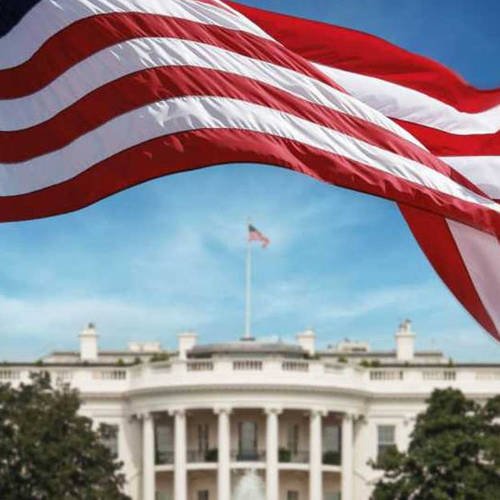Elon Musk and Vivek Ramaswamy have reignited the debate over America’s biannual clock changes, calling for an end to the practice. The suggestion, shared on Musk’s social media platform X, is tied to their leadership of the newly formed Department of Government Efficiency (DOGE) under President-elect Donald Trump.
Most states currently alternate between daylight saving time, which shifts clocks forward an hour to extend evening sunlight, and standard time, which aligns more closely with natural daylight patterns.
Advocates for permanent daylight saving time argue that more evening sunlight boosts economic activity and reduces crime rates.
Supporters of permanent standard time highlight its alignment with circadian rhythms, which research links to improved health outcomes, including a reduced risk of heart attacks and strokes.
So of course I'm a dork and have spent the past 8 hours on this and eliminating summer DST is terrible, would reduce the amount of daylight people get by a lot (~40 minutes/day at the Summer Solstice) given empirical data on sleeping patterns as per the American Time Use Survey. https://t.co/Ci9JiKUu7m pic.twitter.com/yIf7Ecz5j5
— Nate Silver (@NateSilver538) December 4, 2024
Geography also shapes perspectives. Coastal states often favor daylight saving time for extended evening sunlight, while central states express concerns about dark winter mornings impacting school safety and morning commutes.
Hawaii and most of Arizona already operate on permanent standard time.
At least 20 states have passed legislation to adopt permanent daylight saving time, pending federal approval. Polls indicate that 62% of Americans want to end clock changes, but Congress has struggled to pass the necessary legislation to make either system permanent.
The Musk-Ramaswamy proposal has drawn attention from lawmakers, including Sen. Marco Rubio, R-Fla., who is set to serve as secretary of state in the Trump administration.
Rubio has long advocated for ending biannual clock changes, introducing the Sunshine Protection Act to make daylight saving time permanent. In March, he called the current system “stupid” and urged Congress to take action.
The outdated practice of changing our clocks twice a year is ridiculous and needs to end.@elonmusk, @VivekGRamaswamy let’s LOCK THE CLOCK and make DST permanent. https://t.co/t2on2JZbwN
— Coach Tommy Tuberville (@SenTuberville) December 3, 2024
The discussion aligns with a broader trend, as other nations, including Mexico, have recently abolished daylight saving time. The proposal to “lock the clock” in the United States remains under consideration as Congress and the public weigh the potential benefits and challenges.

















